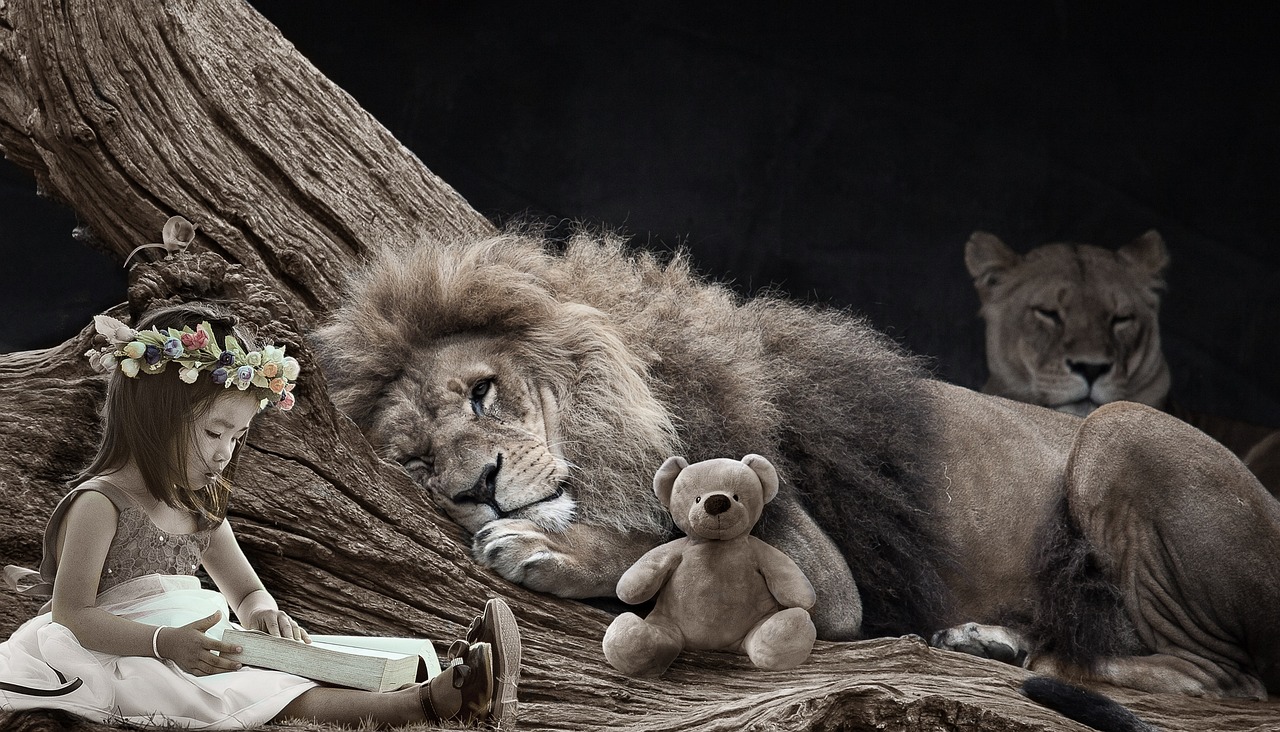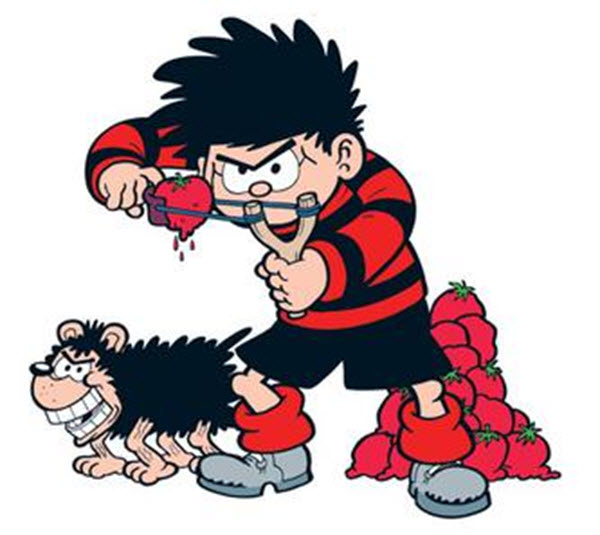
A Delicate Dance of Thought and Imagination
Fairy tales are more than just whimsical stories shared with children before bedtime. These narrative traditions, spanning across various cultures and centuries, hold within them profound philosophical insights that continue to capture the minds of both children and adults alike.
The Nature of Reality
The magical world of fairy tales often depicts realities that differ significantly from our own. It’s not uncommon to encounter talking animals, enchanted objects, or characters that transform. Yet, these imaginative elements are more than mere fantasies. They speak to a deeper understanding of existence.
In the philosophy of Plato, reality is divided into two realms: the world of Forms or Ideas and the physical world. The fantastical aspects of fairy tales often symbolize an escape from the mundane, material existence to a world filled with infinite possibility and meaning, much like Plato’s world of Forms. In this sense, fairy tales provide a platform for us to explore and reflect on our understanding of reality itself.
Ethical Dimensions
Fairy tales often follow a common moral structure. Characters are rewarded or punished according to their virtues or vices. The world of fairy tales is one where justice is often immediate and direct, contrasting sharply with the complexity of real-world morality.
Philosophers like Kant and Aristotle have spent much time examining the nature of ethics. For Aristotle, virtues were the means to achieve eudaimonia or a fulfilled life. In many ways, the ethical dimensions of fairy tales mirror these philosophical ideals. Characters that exhibit courage, honesty, and wisdom usually find happiness, while those that are deceitful or cruel meet with misfortune.
The simplicity of these moral lessons may be part of what makes fairy tales so appealing to children, but they also provide adults with a framework to explore deeper ethical questions.
Existential Themes
The existential philosophy explores the meaning and value of human existence. It raises questions about freedom, despair, and authenticity, themes that are often present in fairy tales.
Consider, for example, the character of Pinocchio, whose quest to become a “real boy” can be seen as a profound existential journey. He must navigate through lies and deceptions (both his own and others) to find authenticity. His transformation into a real boy symbolizes the attainment of genuine human existence.
The tale of the Little Mermaid, who sacrifices her voice to become human, reflects a profound existential trade-off. What do we give up to achieve our desires, and at what cost? Such themes resonate with existentialist thoughts on the pursuit of authenticity, freedom, and individuality.
Feminist Interpretations
Modern scholars have also looked at fairy tales through a feminist lens. Traditional fairy tales often portray women as passive, waiting to be rescued, or valued only for their beauty. However, these stories can also be reinterpreted to reveal deeper messages about gender roles and societal expectations.
The character of Cinderella, often seen as the epitome of the passive female, can also be viewed as a resilient and resourceful individual who takes charge of her destiny. Such reinterpretations challenge traditional gender norms and provide opportunities to explore feminist philosophical questions about identity, autonomy, and equality.
Fairy tales are far from simplistic or childish stories. Instead, they weave together a rich tapestry of philosophical ideas and themes that resonate deeply with human experience. From Plato’s metaphysical explorations to Kant’s ethical imperatives, existential inquiries, and feminist interpretations, fairy tales are a fertile ground for intellectual and imaginative exploration.
Wisdom and Wonder in the World of Fables
Jacob Grimm, one-half of the famed Brothers Grimm, alongside his brother Wilhelm, has left an indelible mark on the world of literature and folklore. Through their collected works, they have not only preserved some of the most beloved stories of European folklore but also provided a fascinating insight into the human condition. Jacob Grimm’s philosophy embedded within these fables is rich, complex, and continues to intrigue scholars and readers alike.
The Moral Landscape
Jacob Grimm’s fables often explore the intricacies of morality, weaving complex ethical quandaries into seemingly simple tales. Unlike many moralists who see the world in stark black and white, Grimm’s philosophy acknowledges the shades of grey in human nature.
Take the story of “The Wolf and the Seven Young Goats.” At first glance, it appears to be a simple warning against the cunning of strangers. But looking deeper, the tale examines trust, deception, and the challenge of discerning genuine intention, reflecting the nuanced understanding of morality that Grimm held.
Nature and Humanity
A recurring theme in Grimm’s work is the relationship between humans and nature. His characters often find wisdom and guidance in the natural world, reflecting a Romantic belief in the spiritual connection between humanity and nature.
In stories like “The Fisherman and His Wife,” nature is not just a backdrop but an active participant in the unfolding drama. The talking fish, both magical and wise, symbolizes the mysterious and unknowable aspects of nature. The story teaches humility and contentment by showing the catastrophic consequences of human greed and the hubris of trying to control the natural world.
The Power of Transformation
Transformation is a potent motif in Grimm’s fables, symbolising personal growth, realisation, and change. The ugly duckling becoming a swan or the frog turning into a prince are more than mere magical occurrences; they are metaphors for personal evolution and enlightenment.
These transformations also illustrate Grimm’s belief in the potential for redemption and change. No matter the character’s beginnings, there is always the potential for growth and transformation, mirroring his optimistic view of human nature.
Femininity and Strength
Contrary to the traditional depiction of women as damsels in distress, many of Grimm’s female characters are imbued with wisdom, courage, and strength. In “Cinderella” or “Snow White,” the heroines are not merely beautiful but also virtuous, clever, and resilient.
This portrayal of women reflects a more progressive understanding of gender roles for his time and offers a timeless lesson about the true sources of strength and value in individuals, transcending mere appearance or societal expectations.
Jacob Grimm’s fables are not merely entertaining stories; they are profound philosophical treatises on human nature, morality, and existence. His philosophy, filled with wisdom, wonder, and keen observation, resonates as much today as it did in his time.
Through the moral complexities, the romantic connection with nature, the transformative potential of human beings, and the celebration of inner strength, Grimm’s tales continue to inspire and provoke thought.
His fables are a testament to the timeless power of storytelling, not only as a means of conveying moral lessons but as a way to explore the deepest and most universal aspects of human experience. In reading Grimm’s works, we find not just fairy tales but a philosophical journey that invites us to reflect, learn, and grow. His stories are mirrors reflecting both the world around us and the world within, filled with timeless wisdom that continues to enchant and enlighten readers of all ages.
In embracing the complexities and subtleties of these timeless tales, we find not only entertainment but also a mirror reflecting profound truths about human nature, ethics, and existence. They are stories that continue to inspire, educate, and provoke thought, providing a gateway to some of the most fundamental questions of philosophy.
Whether it’s the adventurous journey of a young hero, the clever trickery of a crafty fox, or the transformation of a humble maiden into a princess, fairy tales invite us to think, reflect, and dream. They beckon us into a world where anything is possible, a world that is not only magical but deeply philosophical.



